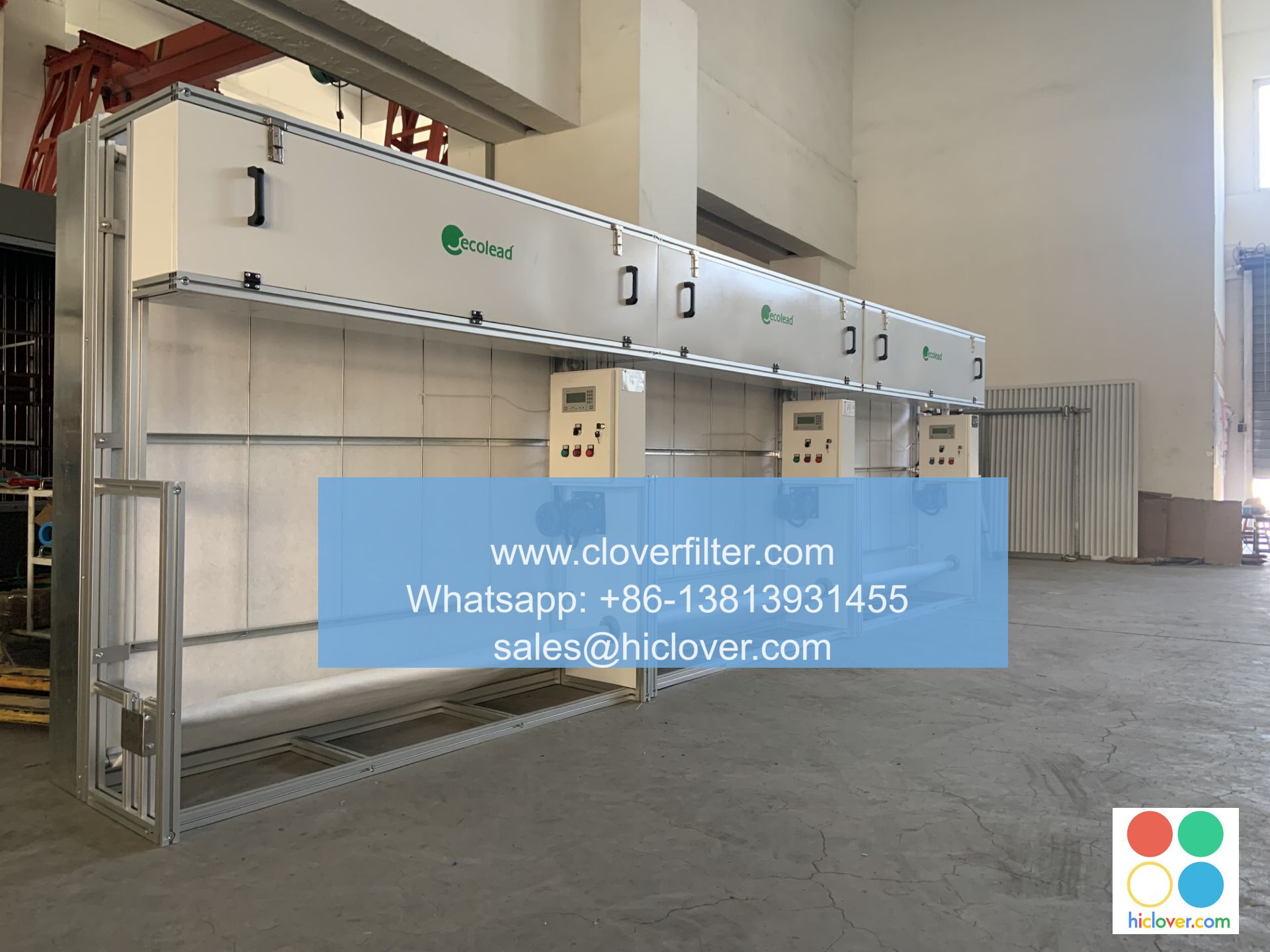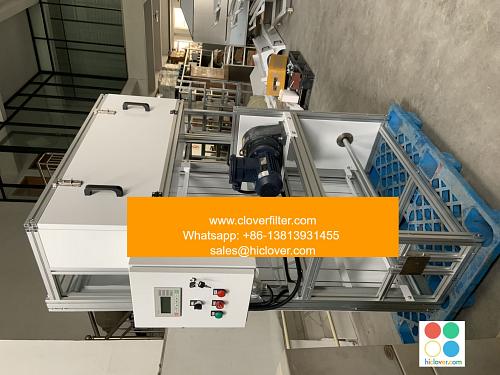Energy-Efficient Air Filtration: A Review of the Latest Research

Energy-efficient air filtration is a crucial aspect of maintaining good indoor air quality while minimizing energy consumption. With the increasing awareness of the importance of indoor air quality and the need to reduce carbon footprint, researchers have been actively exploring innovative and sustainable solutions for air filtration. This article reviews the latest research on energy-efficient air filtration, highlighting various application areas and technological advancements.
Overview of Air Filtration Technologies
Traditional air filtration systems rely on high-energy consumption to capture airborne particles and pollutants. However, recent advancements in nanotechnology, materials science, and aerodynamics have led to the development of more energy-efficient air filtration systems. These systems utilize advanced filter media, such as nanofibers and membranes, to improve filtration efficiency while reducing energy consumption.
Key Application Areas
Energy-efficient air filtration has numerous application areas, including:
* Indoor air quality improvement in residential and commercial buildings
* Hospital and healthcare settings where infection control and patient safety are paramount
* Industrial processes where airborne contaminants can affect product quality and worker safety
* Transportation systems, such as aircraft and automobiles, where air quality and energy efficiency are critical
Recent Research and Developments
Recent research has focused on developing novel filter materials and system designs that can achieve high filtration efficiency while minimizing energy consumption. Some notable developments include:
* Electrostatic precipitation systems that use electrostatic charges to capture airborne particles
* UV-C light technology that utilizes ultraviolet light to inactivate microorganisms
* Membrane-based filtration systems that use semipermeable membranes to separate airborne particles
Conclusion and Future Directions
In conclusion, energy-efficient air filtration is a rapidly evolving field with significant potential for improving indoor air quality and reducing energy consumption. As researchers continue to develop innovative technologies and sustainable solutions, we can expect to see widespread adoption of energy-efficient air filtration systems across various application areas. Future research directions should focus on integrating energy-efficient air filtration with other building systems, such as heating, ventilation, and air conditioning (HVAC) systems, to create holistic and sustainable indoor environments.
Recommendations for Future Research
Based on the current state of research, we recommend that future studies focus on:
* Developing more efficient and sustainable filter materials
* Integrating energy-efficient air filtration with other building systems
* Evaluating the economic and environmental impacts of energy-efficient air filtration systems
* Exploring new application areas, such as transportation systems and industrial processes It seems like you didn’t include a prompt. Please provide one, and I’ll do my best to assist you!

